Imagine a Java ecosystem where three separate Spring web application is running in separate JVMs and on separate machines (no application server involved, just simple servlet containers). Two of these applications are using their own database accessed using JPA. Now the third application (a coordinator) provides services to the outside world and some service function executes remote operations which requires participation from the other two apps in a transactional manner, which means that if one of the applications fails to do the data manipulation in the database, the other should be rolled back as well. The problem is: how can this be achieved using Spring?
Currently we are using REST to communicate between the applications. Clearly this cannot support transactions, even though there are efforts to make this happen.
I've found JTA which is capable of organizing global transactions. JTA involves creating XAResource instances which are participating in the globally managed transactions. If i understood correctly, these XAResource instance can reside on separate JVMs. Initialization, commit and rollback of resources happens via JMS communication which means it requires a message broker to transfer messages between participants. There are various JTA implementation exists, I've found Atomikos which seems to be the most used.
Now the thing i don't see is how this all comes up if i have a Spring application on each application side. I've not found any example projects yet which is doing JTA over a network. Also i don't undertstand what are XAResources representing. If i use JPA, and say i have a Account object in an application which stores a user's balance, and i have to decrease the balance from the coordinator, should i create an XAResource implementation which allows decreasing the balance? Or XAResource is implemented by a lower level thing like the JDBC driver or Spring Data JPA? In the latter case how can i provide high level CRUD operations for the transaction coordinator.
